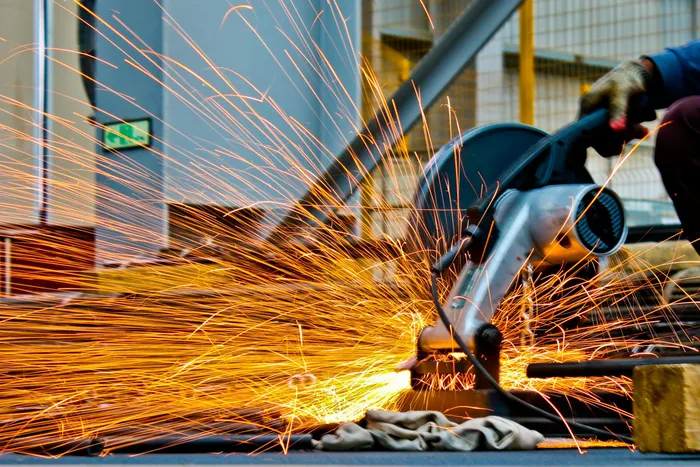Business chamber raises alarm over uncertain future of ArcelorMittal's Newcastle steel plant

ArcelorMittal Newcastle's operations face an uncertain future, with a potential wind-down looming for the company's Longs Business.
Image: Anamul Rezwan / Pexels
The future of ArcelorMittal South Africa’s (AMSA) Newcastle operations remains uncertain, with the company recently confirming that its Longs Business is scheduled for a final wind-down on September 30 if no sustainable solution is found.
The company is awaiting the outcome of a due diligence process by the Industrial Development Corporation (IDC), which has provided funding to keep the Longs Business running through the third quarter of this year.
AMSA said the support had been used “in a responsible, transparent, and considered manner” to maintain production capacity, preserve value chains, and protect jobs.
While AMSA has not announced the closure of its Newcastle plant, any wind-down of the Longs Business would directly affect or potentially halt its operations there.
That prospect has alarmed the Newcastle Business Chamber, which says the impact would be felt far beyond the plant gates.
“This is a grave concern for our members, the Newcastle community, and the wider region,” Chamber president Morne Seaman said.
“Closing the Newcastle plant would devastate workers and cripple the manufacturing and supply chains that rely on it. Every effort must be made to keep it open and protect jobs.” He described the facility as “a major employer and economic pillar whose reach extends to contractors, suppliers, transporters, and downstream industries.” According to Seaman, losing it would shake the local economy, with knock-on effects in retail, housing, education, and municipal revenue.
The Chamber says it has not been formally consulted by either AMSA or the government about closure plans or possible mitigation strategies.
“We rely mostly on media reports and occasional informal updates,” Seaman said, adding that while some local organisations had started support programmes, it was unclear “who will fund or sustain these efforts.”
AMSA’s latest market update painted a challenging picture for the industry. Domestic sales volumes have dropped by 10%, and exports by 13%, while imports of long steel, primarily from Zimbabwe, have risen sharply. The company cited subdued demand, aggressive import penetration, and rail and electricity disruptions that added R358 million in extra costs in the first half of 2025.
Seaman believes the industry’s problems extend beyond market pressures. “Our steel industry’s woes aren’t just market-driven; they’re policy-driven,” he said.
He pointed to lax enforcement against cheap imports, corruption, collapsed infrastructure, and poor alignment with global trade realities as factors that have “crippled competitiveness.”
If the Newcastle operations were to cease, Seaman warned of rising unemployment, failing supply chains, reduced household spending, and social pressures, including increased crime.
“Once skilled workers leave, recovery could take decades, if it happens at all,” he said.
AMSA has urged the government to follow the lead of other major economies, including the EU, US, UK, Canada, India, and Brazil, that have implemented strong measures to protect domestic steelmakers from import surges.
Looking ahead, the company says the continuation of the Longs Business depends on external support and policy changes to reduce import pressure and secure reliable, cost-competitive energy and logistics.
Chief executive Kobus Verster said AMSA was “committed to finding a solution that ensures the long-term sustainability of our business and the South African steel industry” and welcomed the government’s willingness to explore strategic alternatives.
Related Topics: